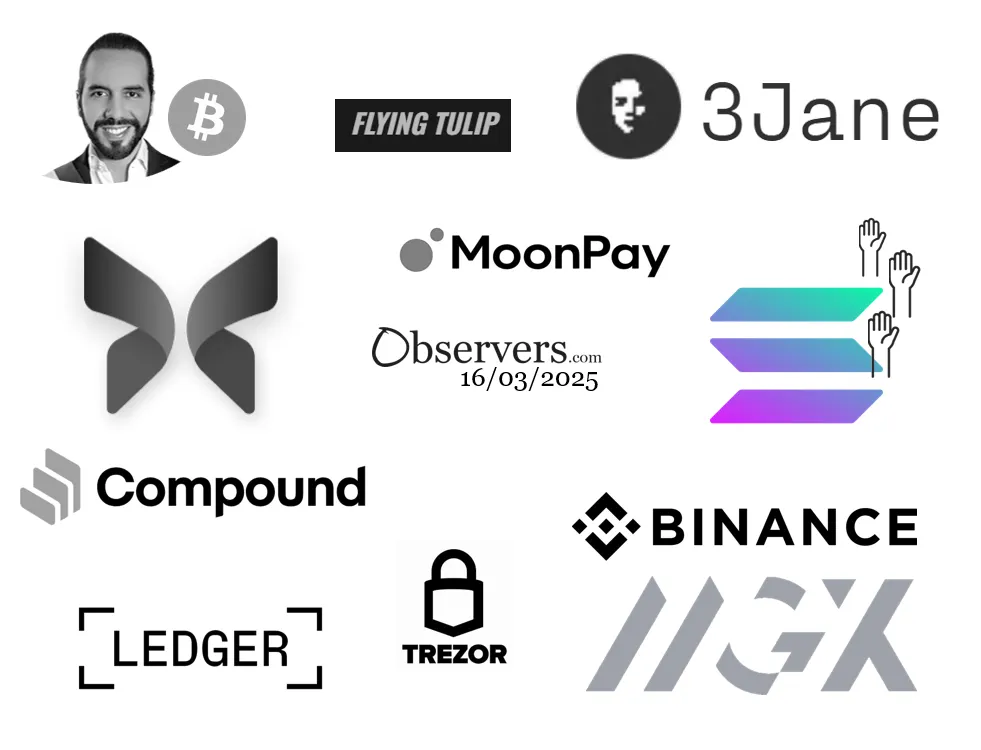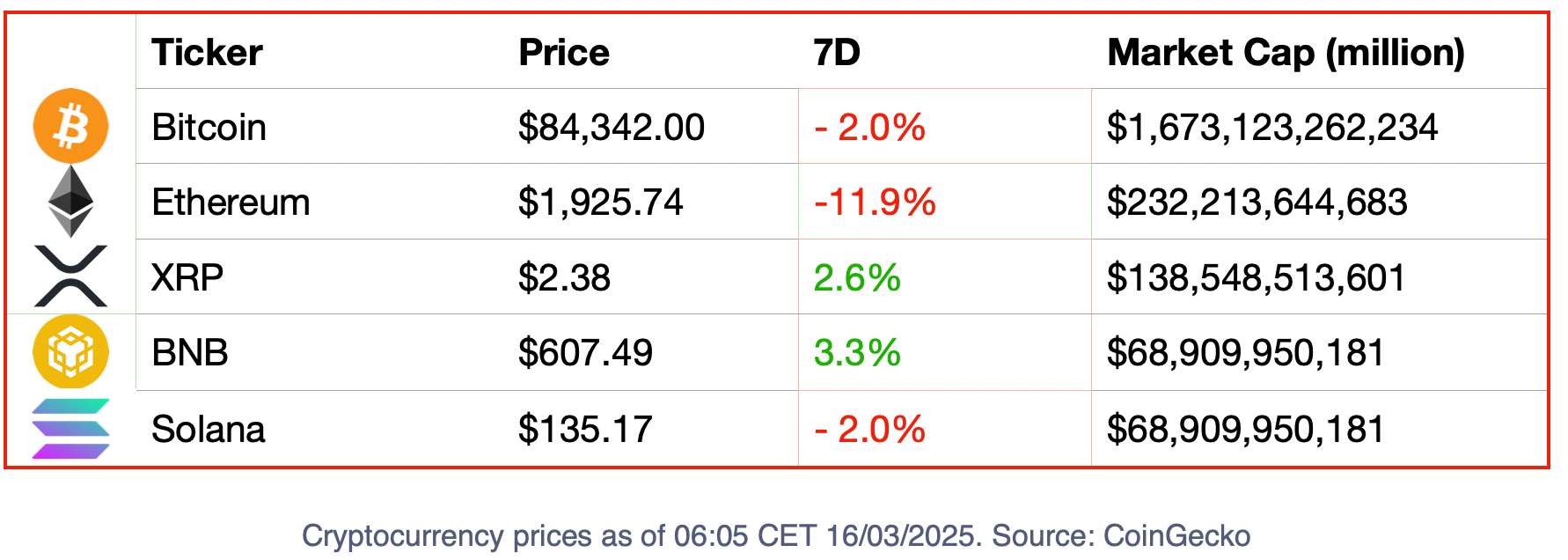
Happy Sunday, Observers!
The wave of day traders and degens throwing in the towel continues, but on the institutional size, the game is just getting started.
In the past seven days, MoonPay acquired Iron, MEXC Ventures invested $16 million in ENA and $20 million in USDe, MGX invested $2 billion in Binance, and Rumboe bought $16 million BTC for its treasury.
Also, according to a Deutsche Bank report, the U.S. Fed now considers Bitcoin and stablecoin a “hard reserve asset".
While the meme-coin wave is over and Solana has been in the red for the last weeks, its community is alive and kicking.
This week, the blockchain saw the biggest crypto governance vote ever by both market cap and participants.

The voting on SIMD-228 was to decide on the inflation model to a more dynamic and market-based system than the current one. The proposal could potentially reduce the SOL emission in the form of staking rewards from the current 4.7% to as low as 1% per annum.
The proposal was put but a major investor of Solana and supported by the founder and other leadership of the project. While during the first hours, there were more votes in favor than against, the count changed as the issue became popular on social. Small validators rallied against the measure, concerned that reduced staking rewards would undermine their viability and centralize network power.
📈 Crypto Markets

🔥 Highlights Of The Week
- Hyperliquid reduces leverage for BTC and ETH following a whale making $1.8 million profit out of toying with the protocol’s rules;
- Argentine lawyer pushes for an Interpol Red Notice against LIBRA creator Hayden Davis;
- Japan’s largest social network, Line, has partnered with Soneium to bring on-chain mini-apps to its users.
🍭 Crypto Highs And Fun Times
- Abu Dhabi-based MGX has invested $2 billion in Binance, paid in an unnamed stablecoin. This is the largest institutional investment ever done in crypto and the first one for Binance. The two companies operate in UAE, which has facilitated the deal.
😈 Crypto Naught And Sloppy
- The research arm of Ledger, the company behind the most popular and trustworthy cold wallets in crypto, has discovered that one of its biggest competitors, Trezor, has a software vulnerability in its Safe 3 model. The issue is no longer present in newer models.
Project Of The Week: Flying Tulip
 Experts in Web3 and Digital AssetsAlexander Mardar
Experts in Web3 and Digital AssetsAlexander Mardar
With decentralized finance gaining ground, a new decentralized exchange has come around.
Introduced earlier this week, Flying Tulip is a project by the DeFi entrepreneur Andre Cronje that uses adaptive Curve Technology—an algorithm first introduced by Curve Finance in 2020 that adjusts prices and fees based on market changes.
The exchange also integrates multiple functionalities typical for centralized exchanges, including spot trading, leveraged trading (with leverage of 50x and beyond), forex pairs, and options.
What’s Popping With DeFi Lending Protocols?
This week, there is a new kid on the block.
3Jane is a DeFi lending market that aims to facilitate crypto-native entities' access to credit by providing loans without requiring collateral.
For now, the project is available only in the United States. It employs zkTLS to guarantee privacy while using several on-chain data to build the user’s credit score.
 Experts in Web3 and Digital AssetsAlexander Mardar
Experts in Web3 and Digital AssetsAlexander Mardar
While undercollateralized loans are still in the experimental phase, the overcollateralized DeFi loan segment is growing and becoming extremely competitive. Lending protocol Compound, which has been steadily losing market share to Aave and Morpho, has approved a controversial proposal this week to open lending vaults on Polygon using its competitor Morpho’s technology.
The decision to move to Polygon follows Aave’s call to abandon the blockchain. Now facing less competition, the proposal is expected to generate approximately $2–3 million in revenue.
 Experts in Web3 and Digital AssetsAlexander Mardar
Experts in Web3 and Digital AssetsAlexander Mardar
🔫 Quote Of The Week
El Salvador’s president Nayib Bukele has reiterated his commitment to buy Bitcoin amidst negotiations with the International Monetary Fund for a $1.4 + $2.1 billion loan.
“No, it’s not stopping. If it didn’t stop when the world ostracized us and most “bitcoiners” abandoned us, it won’t stop now, and it won’t stop in the future.”
The IMF strongly criticized El Salvador’s adoption of Bitcoin as legal tender in 2021 due to concerns over financial stability and regulatory risks.

